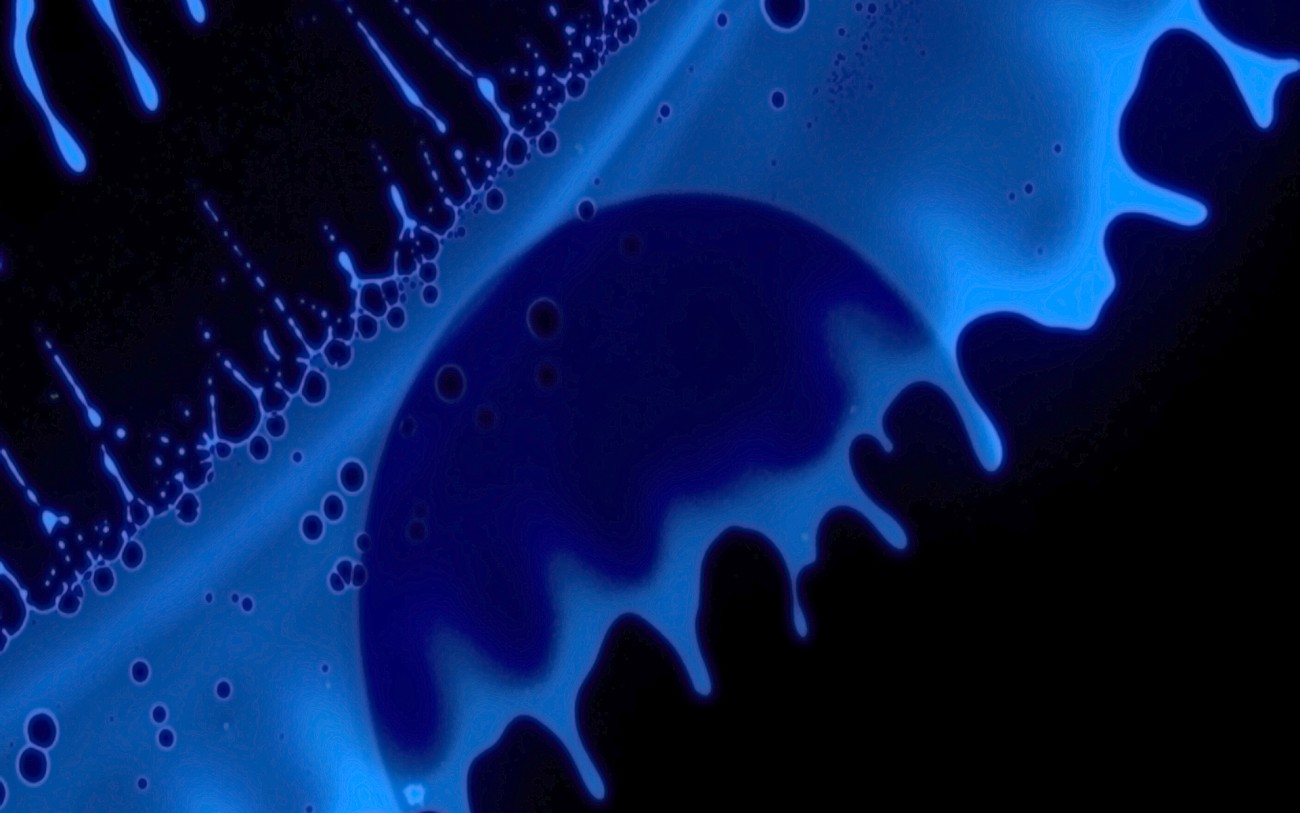Working group Generic Configurations and Experiments
Other projects can access these experiments: Either via know-how transfer into adapted separate experiments or via measurements at the generic setups. Furthermore, the generic configurations can serve as standard configuration for simulations. Therefore, the generic configurations are rather a “family” of different experimental and theoretical realisations. This includes the actual experimental setups within A01 and A02.
Contact
| Name | Contact | |
|---|---|---|
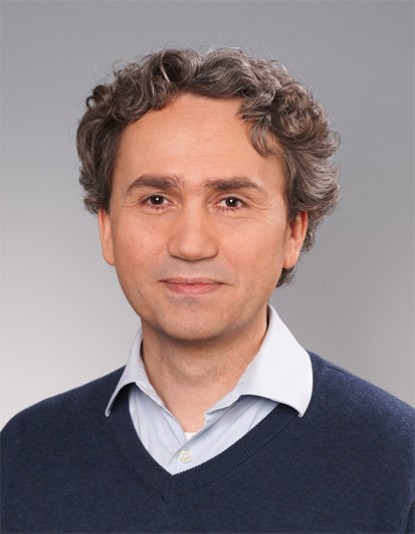
| Dr. Günter Auernhammer | auernhammer@ipfdd.de +49 351 4658 486 |
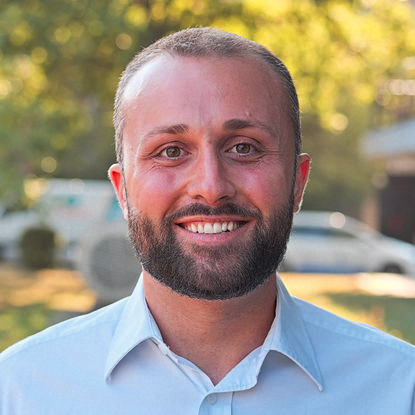
| Mouris Soumi | soumi@ttd.tu-... +49 6151 16-22282 L1|02 1.20 |
Working group OpenFOAM
Within the CRC great importance is attached to OpenFOAM, an Open Source software for Computational Fluid Dynamics. The software considerably supports interdisciplinary cooperation during model development and simulation at different levels of detail.
OpenFOAM has been selected as a common, central developmental platform to implement new modelling approaches and simulation methodologies within the CRC.
Mercator Fellow Hrvoje Jasak
In coordination with TP Z-INF our Mercator Fellow Prof. Dr. Hrvoje Jasak (a principal developer of OpenFOAM) supports the CRC in the following areas:
- Advice for all relevant projects in particular areas such as
- dynamic adaptive and moving unstructured meshes
- solution strategies for complex and coupled continuum problems
- efficient implementation of algorithms in the OpenFOAM environment
- Support of TP B06in extending the DG Discontinous Galerkin Method.
- Support of TP B04, inter alia, in developing a demonstrator of optimization problems for wetting phenomena based on DAKOTA with an OpenFOAM interface
- Support of researchers in B01 and B02 whose Direct Numerical Simulations require an extremely high spatial resolution both near the contact line (hydrodynamics of wetting) and at the fluid boundary (mass transport).
Contact
| Name | Contact | |
|---|---|---|
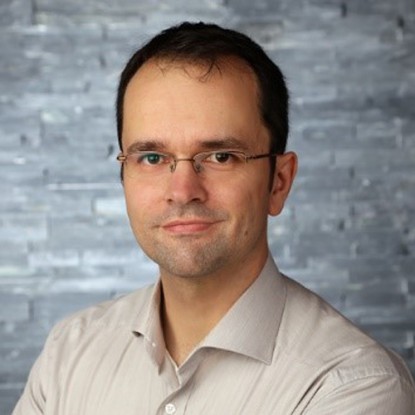
| Dr.-Ing. Holger Marschall | marschall@mma.tu-... +49 6151 16-21465 L2|06 411 |
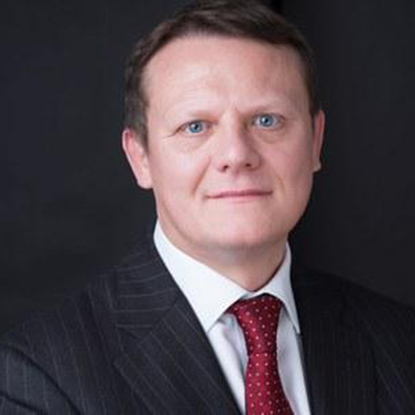
Picture: University of Cambridge
| Prof. Dr. Hrvoje Jasak | hj348@cam.ac.uk |
Working group Modelling
The working group Modelling serves the scientific exchange regarding the mathematical models used within the CRC. The aim is to develop, extend and otimize physically sound mathematical models as well as numerical methods, and to convert them into computational programs with which the local transport and wetting processes at the contact line and their effects on the bulk volume can be simulated. Scientific questions are for example:
- Under what conditions (or at which level of observation) can the contact line be described as a one-dimensional curve? Under what conditions is the contact line region to be considered two- or even three-dimensional? How must a nanoscale morphology of the wall be taken into account if necessary?
- How can the problem of the singularity of adhesions be dealt with? What is the influence of the mass at/on the contact line?
- Is the interfacial tension near the contact line constant or dynamic? How fast does a contact line age?
- How can a highly accurate integration of the contact line region be used to provide an efficient simulation of macroscopic hydro- and thermodynamic processes? How can efficient subgrid-scale or multiscale approaches be formulated for this?
- Under what conditions and on which scales do continuum mechanical models apply here? How can we bridge the gap from MD simulation to CFD simulation using a common software platform?
- When using CFD, is the contact line region better described with Sharp-Interface or Diffuse-Interface methods? Can advantages of different approaches be combined?
- How can highly efficient gradient and optimization methods be developed enabling targeted sensitivity analyses or even virtual design studies in the existing high-dimensional paramter space? How must numerical methods and simulation tools be designed so that subsequent questions of sensitivity analyses and optimization can efficiently be dealt with?
Mercator Fellow Joël De Coninck
During the second funding period, Prof. Joël De Coninck (Université libre de Bruxelles) will support the scientific program of the CRC 1194. Professor De Coninck will mainly cooperate with:
Joël De Coninck
Professeur Ordinaire – Full Professor
Université libre de Bruxelles – Transfers, Interfaces and Processes
Contact
| Name | Contact | |
|---|---|---|
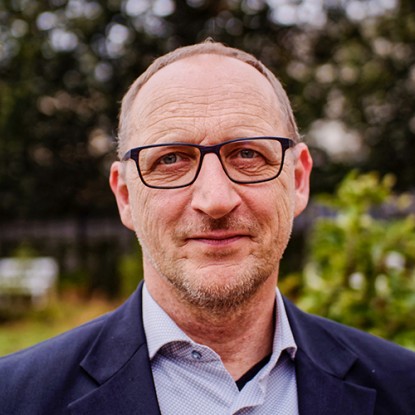
| Prof. Dr. Dieter Bothe | bothe@mma.tu-... +49 6151 16-21463 L2|06 400 |
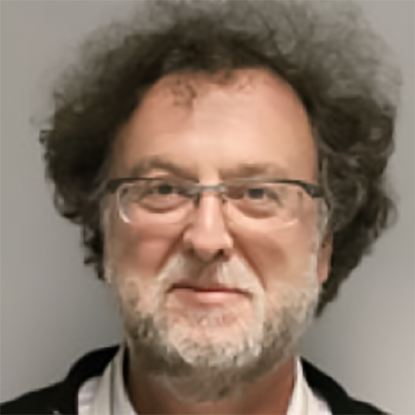
| Prof. Dr. Joël De Coninck | joel.deconinck@umons.ac.be |

